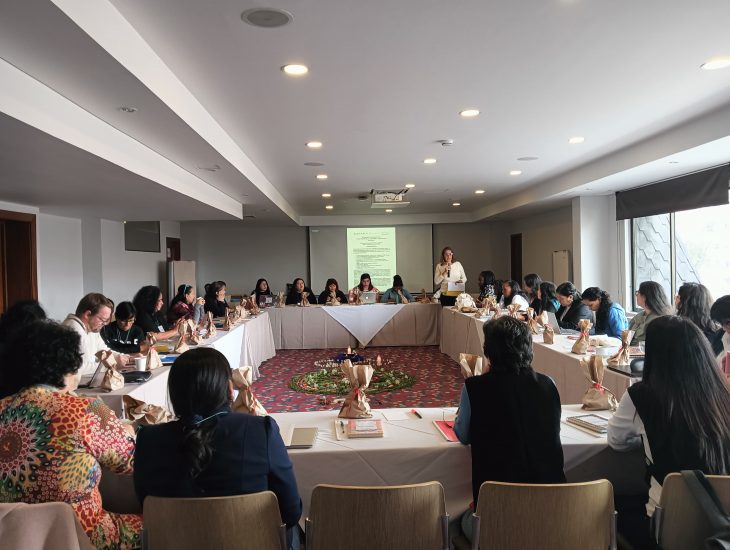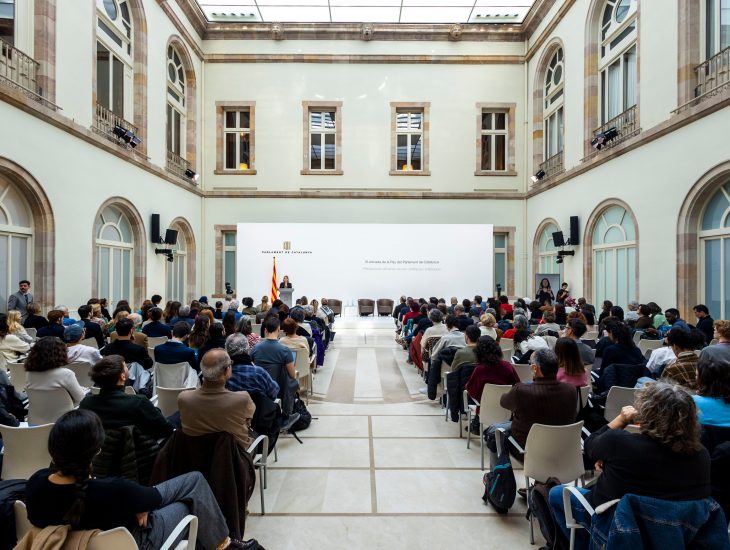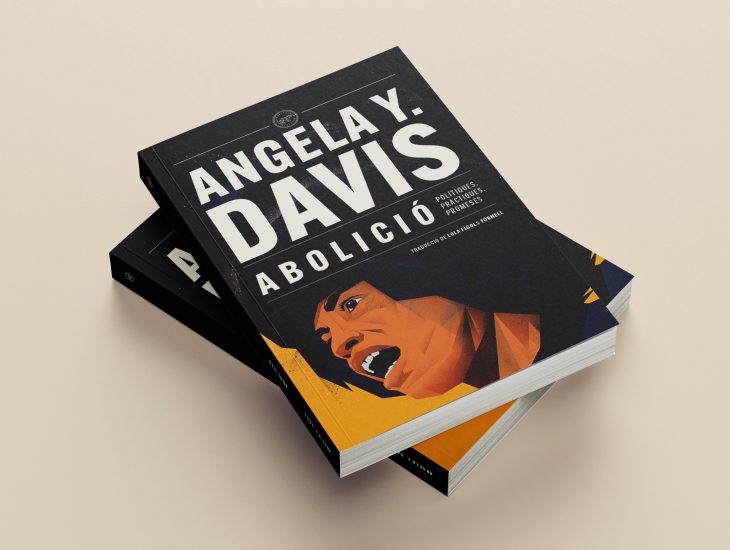More than fifty people met in the Jordi Maragall Hall of the Barcelona Centre for International Relations (CIDOB) to discuss and analyze the results of the Colombian elections. The event was moderated by the researcher Anna Ayuso and featured two speakers: Rafael Grasa, president of the International Catalan Institute for Peace (ICIP), and Farid Samir Benavides, Law Professor at the University of the Andes. These elections were particularly important because they took place in the middle of the peace process between the Colombian government of Juan Manuel Santos and the Revolutionary Armed Forces of Colombia (FARC). Santos won the second round of the elections with 7,816,968 votes (50.9%), defeating Óscar Iván Zuluaga, who obtained 6,905,001 votes (45.0%).
Rafael Grasa argued that the election results strengthen Santos, but he pointed out that the government had to improve its handling of affairs. On a political level, despite the weakness of the party system, he recommended rebuilding bridges with the Conservative Party and reaching agreements on social issues with the leftist parties. According to the president of ICIP, the message of the election results to the peace process is: “The negotiations must be concluded and can be concluded, the process is serious and what is being negotiated must be transmitted more efficiently in order to win the communications battle, which is very important.”
Farid Samir Benavides pointed out that 6.9 million people voted against the peace process, “which doesn’t mean that they want war, but that they don’t support Santos’ peace process.” The University of the Andes professor stressed that, with these results, Santos has demonstrated that he has support to make peace and that ex-president Uribe can’t accuse him of betraying the voters. Benavides also praised the figure of Sergio Jaramillo, High Commissioner for Peace, for his skill and warned that the FARC are both victims and perpetrators and, therefore, if they have committed crimes against humanity, they must be prosecuted: “the rule of law cannot be built on a foundation of impunity.”
Both agreed that, in light of the results, Santos’ electoral machinery was reserved for the second round.
For more materials on the Colombian elections, consult the CIDOB Colombia Elections 2014 Dossier, elaborated in collaboration with ICIP.
20.01.2014




